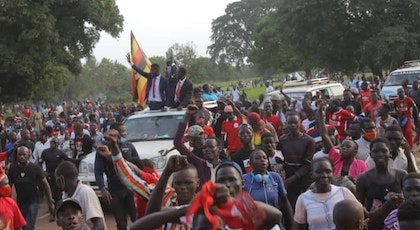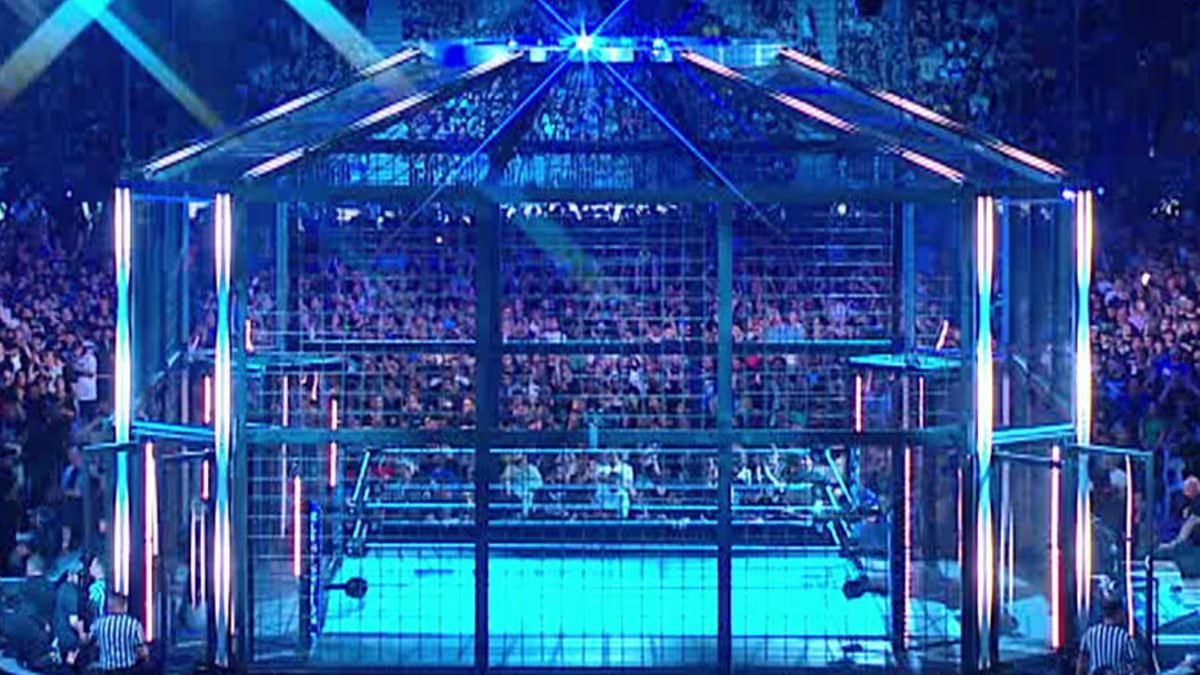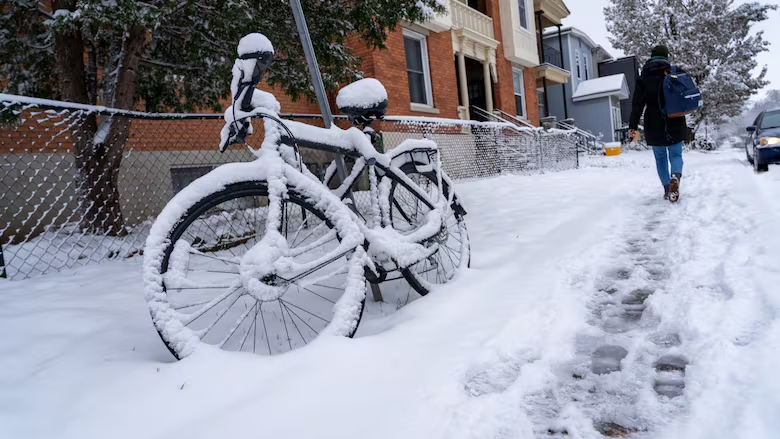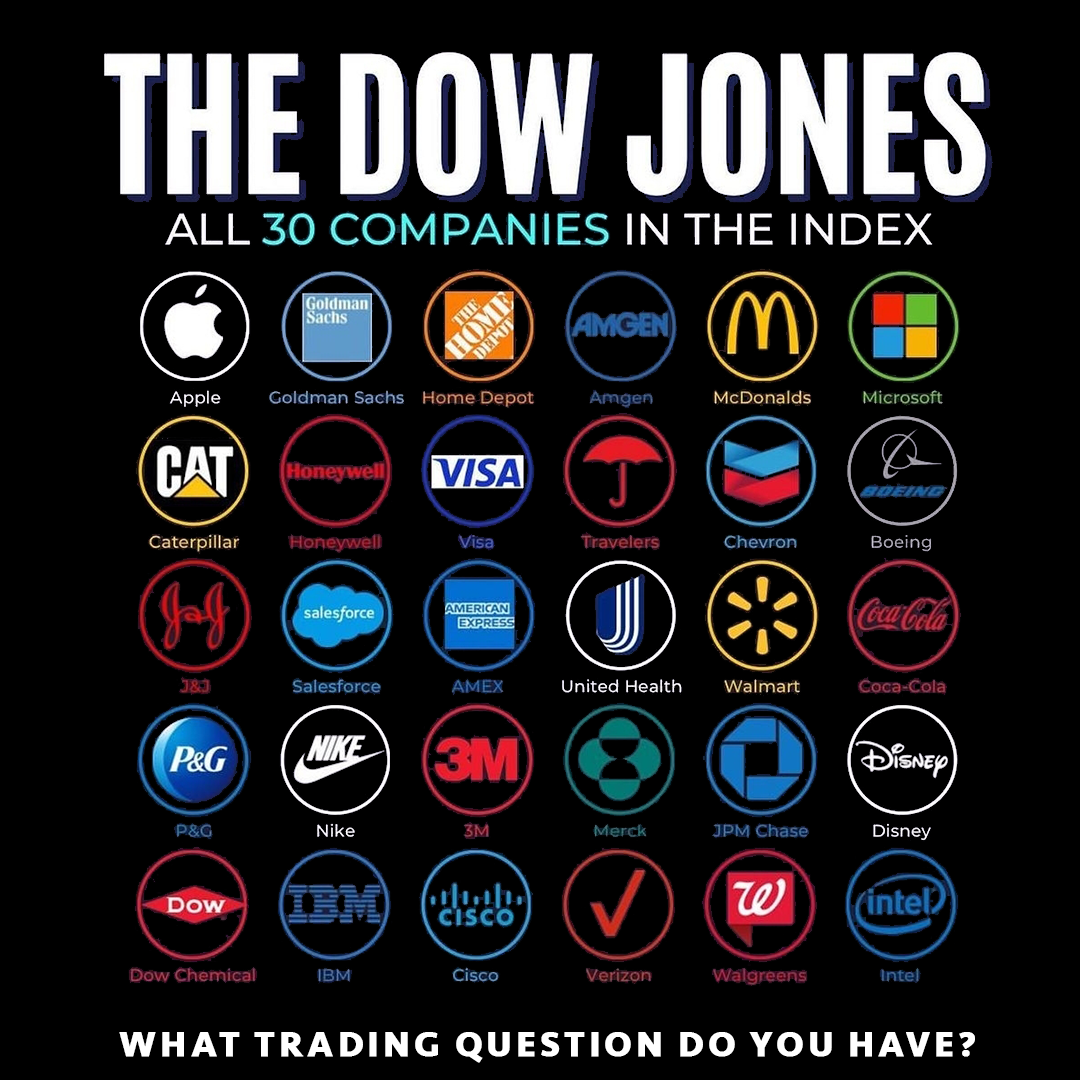Bobi Wine campaigns. Photo: Facebook.
When the popular Ugandan singer and opposition politician Bobi Wine was arrested last week, his nation erupted. A huge crowd had gathered in Luuka, just east of the capital Kampala, to hear him speak, when security forces suddenly began firing not only tear gas canisters but also live bullets into the crowd and beating away Wine’s bodyguards with batons and pepper spray.
Wine was driven off in a police van and detained for two days without access to his family, doctors, or lawyers. The charge? Holding a rally of more than two hundred people, in violation of Covid-19 social-distancing regulations—something that ruling party politicians, including Uganda’s strongman leader Yoweri Museveni, in power since 1986, have been doing with impunity.
Uganda’s next election is scheduled for January 14, 2021, and no one expects it to be free or fair. But Wine and his party, the National Unity Platform, had hoped that by rallying support across the country, they could bring about their own “Velvet Revolution,” ultimately forcing Museveni to confront his unpopularity and concede, as have aging leaders in Burkina Faso, Gambia, and Sudan in recent years.
That hope seems distant now. As news of Wine’s arrest spread, demonstrators organized protests in major towns across the country. Some set fires in the streets; others attempted to tear down Museveni’s huge campaign posters that loom over traffic circles countrywide. Security forces again responded by hurling tear gas canisters at people in the streets and even inside buildings, and by shooting wildly at demonstrators and ordinary pedestrians alike, killing at least forty-nine people and severely injuring scores of others.
For more please see The New York Review







